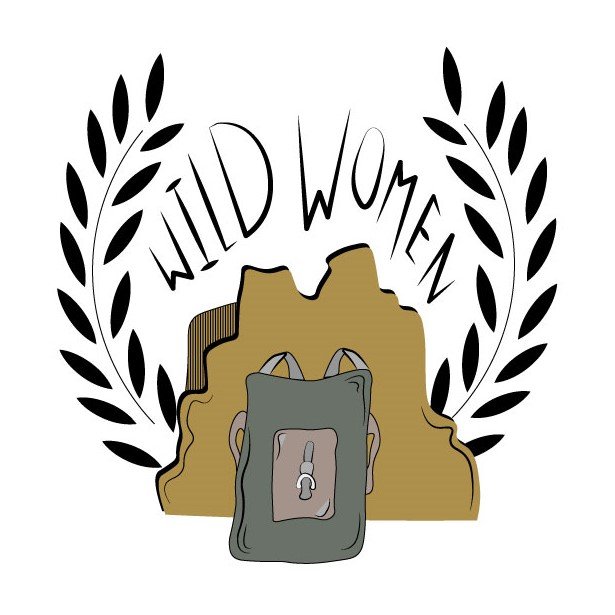How many women have delayed their greatness while the men around them didn’t know what to do with theirs?”
Last night I watched the film Nightbitch, starring Amy Adams, which is adopted from the book with the same title, written by Rachel Yoder. I was struck at how aligned this film was with the work of Clarissa Pinkola Estes’ Women Who Run with the Wolves: Myths and Stories of the Wild Women Archetype. Surprisingly, Yoder had never read Pinkola Estes’ work, which makes trust that the Wild Woman archetype is alive and well. (Yoder reveals this in her interview on the podcast “Tend Her Wild”).
First of all, the film passes the Bechdel test with flying colors from the start of the film (although technically the main character Mother doesn’t talk to another woman, but is the narrator who is speaking to all women). A man (other than the son, which is technically the result of woman becoming Mother, and not an individuated person) doesn’t even show up until minute 13. The story is about a woman, written by a woman, revealing some of the less talked about, subconscious dynamics of motherhood.
There is so much good symbolism to the film. The first moments when Mother begins to turn into wolf represents the deep unconscious wild feminine psyche beginning to erupt (imagine the goddess Kali here). The fact that the main character doesn’t even have a name represents the lack of respect and honoring of the role of Mother in our culture. Women have a divine, empowering experience of creating and growing life in her body, and then are expected to move on, as if the only sense of her worth is through what she produces in society rather than the reproductive dimension of existence. Even though Mothering and caretaking is the MOST important job.
I love that the wolf/Wild Woman wasn’t subject to only the woman, but rather, it was the role of Motherhood that ignited the eruption of the repressed archetypal feminine, signified by the growl uttered by the Father on the first day he stayed alone caretaking their son.
Another symbol that stood out was the role of meat feeding the Wild Woman’s spirit. This had remnants of ecofeminist Carol J. Adams work on meat and patriarchy (specifically in the Sexual Politics of Meat), although veganism is far from a solution for Wild Woman’s spirit in the film as it was for Carol Adams. In fact, kale salad represses the Wild Woman, as stated during Amy Adams’ monologue at the 9pm dinner with her high-class, high-minded graduate school art friends. It made me wonder if the cultural turn towards veganism is the collective repression mechanism for attending to the deep ecological unconscious feminine psyche.
The film as a whole has remnants of Betty Friedan’s Feminine Mystique, specifically what she dubs as “the problem that has no name.” In a sense, the film is a modern take on a 1950s problem, where complex feelings surrounding domesticity and motherhood were felt, but the stigma surrounding this experience was so strong that one wouldn’t think of admitting it to oneself, let alone speak it out loud. Yoder did a great job creating words to express these complexities, and film director Marielle Heller artfully represented the wide array of emotions and experiences of Motherhood. These experiences and themes include loss of self and identity, post-partum depression and genetic changes, the metaphysical experience of childbirth, and intergenerationality.
I loved how the film rode the metaphysical line of reality when demonstrating the woman turning into a wolf.
I am reminded of a quote by Nikita Gill:
““Some days I am more wolf than woman and I am still learning how to stop apologizing for my wild.””
On that note, the Mother never apologized in the film! And there were moments when the “good woman” would have been called to: For playing dog in the public library cafeteria, for her feral behavior that interrupted the dinner with her fancy artist friends, for saying things that might be considered anti-social in front of her new friends, for breaking it off with her husband.
So the question remains, how does one unapologetically become themselves and express their inner Wild Woman while balancing all her relations? Where are safe spaces for this expression while we continue to tend to our inner fire, and stoke our inner truth without burning others?

